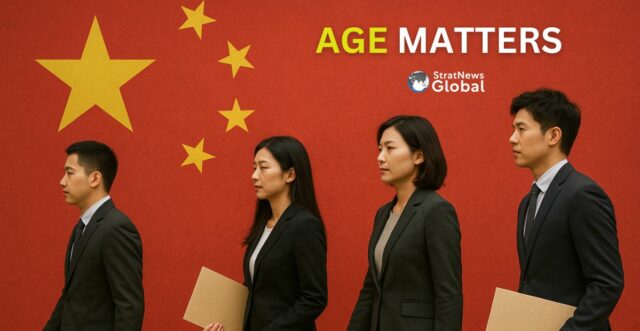China has raised the maximum hiring age for certain civil service positions for the first time in over three decades, extending the upper limit from 35 to 38, a move seen as part of a broader effort to confront its aging population and rigid labour norms.
The State Administration of Civil Service announced on Tuesday that applicants for the 2026 national civil service exam must now be between 18 and 38 years old. Those with master’s or doctoral degrees can apply up to age 43, up from 40. The exam, set for November 30, will recruit 38,100 new civil servants nationwide.
State media Global Times described it as “in line with China’s progressive approach to delaying the legal retirement age.” Earlier this year, Beijing began implementing gradual increases in retirement thresholds in an attempt to retain more skilled employees in the labor force.
The policy shift also targets the ‘curse of 35’, a phrase popularized on Chinese social media to describe employers’ reluctance to hire or retain workers beyond their mid-30s. In many industries, especially technology, finance, and media , employees report facing layoffs or rejection once they cross that age line, regardless of experience.
China’s population is aging rapidly, with those aged 60 and above expected to make up at least 40% of the population by 2035, more than 400 million people, roughly equal to the combined populations of the U.S. and U.K.
To tackle the age-based discrimination in jobs, China has raised the retirement age for men to 63 years from 60, while for women in white-collar work has been raised to 58 years from 55. For women in blue-collar work it has been increased to 55 from 50.
By easing civil service age limits, Beijing hopes not only to expand its talent pool but also to reshape attitudes toward aging in the workplace.





